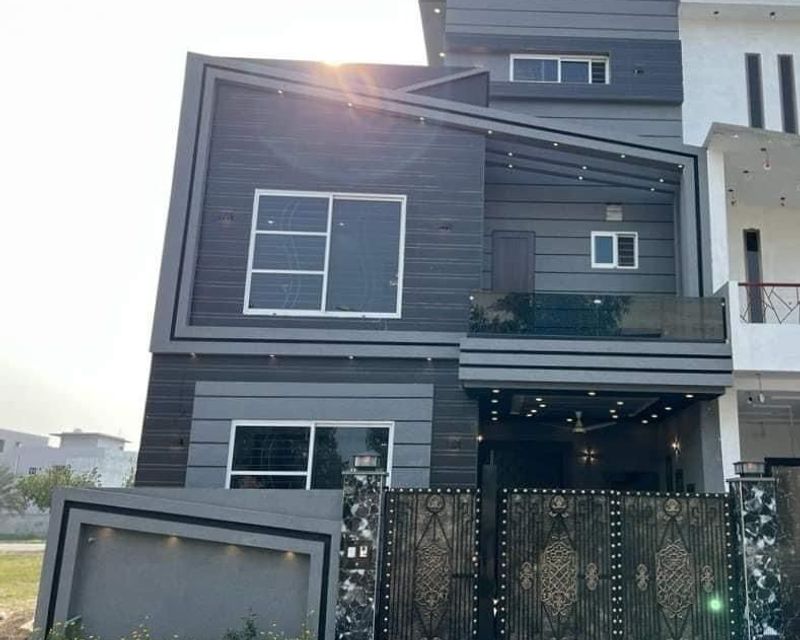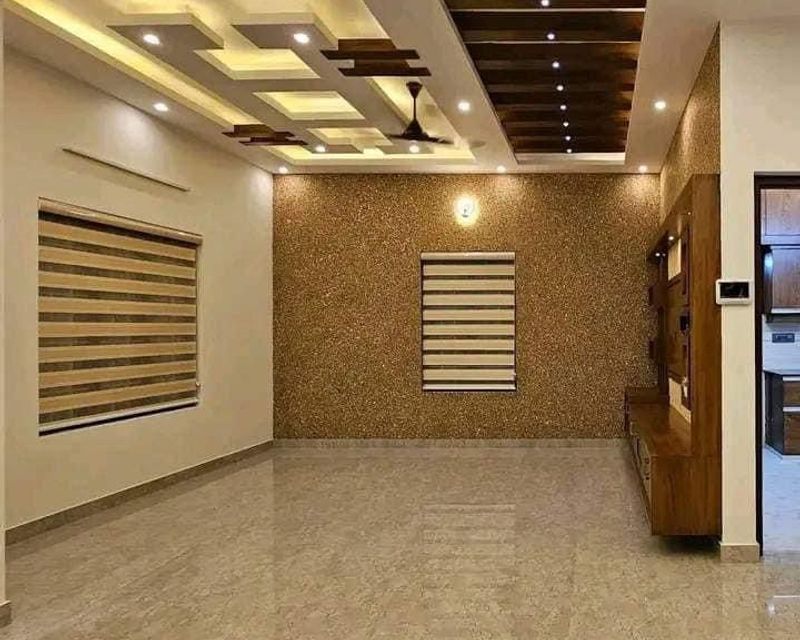Commercial Construction
Commercial construction refers to the process of building structures and facilities that are intended for commercial use, rather than residential or industrial purposes. This type of construction encompasses a wide range of projects, from small retail spaces to large office buildings and industrial complexes. Here are some key aspects of commercial construction:
Commercial construction refers to the process of building structures and facilities that are intended for commercial use, rather than residential or industrial purposes. This type of construction encompasses a wide range of projects, from small retail spaces to large office buildings and industrial complexes. Here are some key aspects of commercial construction:
Project Types:
- Office Buildings: Construction of office spaces for businesses and organizations.
- Retail Spaces: Building structures for commercial retail businesses, such as malls, shopping centers, and standalone stores.
- Hospitality: Construction of hotels, restaurants, and other hospitality-related facilities.
- Healthcare Facilities: Building hospitals, clinics, and medical offices.
- Educational Facilities: Construction of schools, colleges, and universities.
- Industrial Facilities: Building structures for manufacturing, warehouses, and distribution centers.
- Recreational Facilities: Construction of sports complexes, entertainment venues, and recreational spaces.
Project Planning and Design:
- Comprehensive planning and design are critical in commercial construction. This involves working with architects, engineers, and other professionals to create plans that meet the specific needs of the commercial project.
Zoning and Permits:
- Commercial construction projects must comply with local zoning regulations and building codes. Obtaining the necessary permits is a crucial step in the process.
Budgeting and Financing:
- Commercial construction projects require careful budgeting and financial planning. This includes estimating costs for materials, labor, permits, and other expenses.
Commercial construction refers to the process of building structures and facilities that are intended for commercial use, rather than residential or industrial purposes. This type of construction encompasses a wide range of projects, from small retail spaces to large office buildings and industrial complexes. Here are some key aspects of commercial construction:
Project Types:
- Office Buildings: Construction of office spaces for businesses and organizations.
- Retail Spaces: Building structures for commercial retail businesses, such as malls, shopping centers, and standalone stores.

.jpeg)

.jpeg)


.jpeg)

.jpeg)

